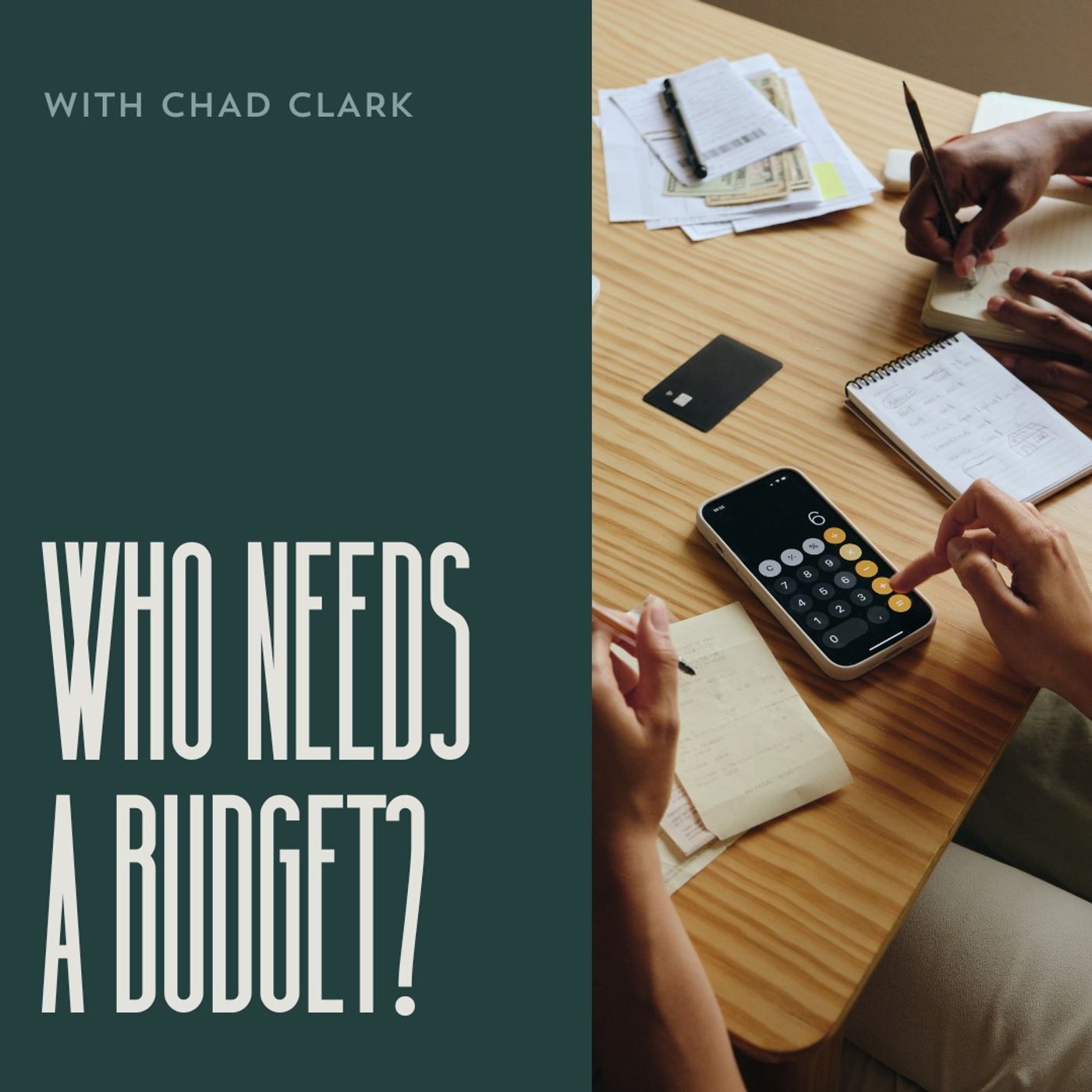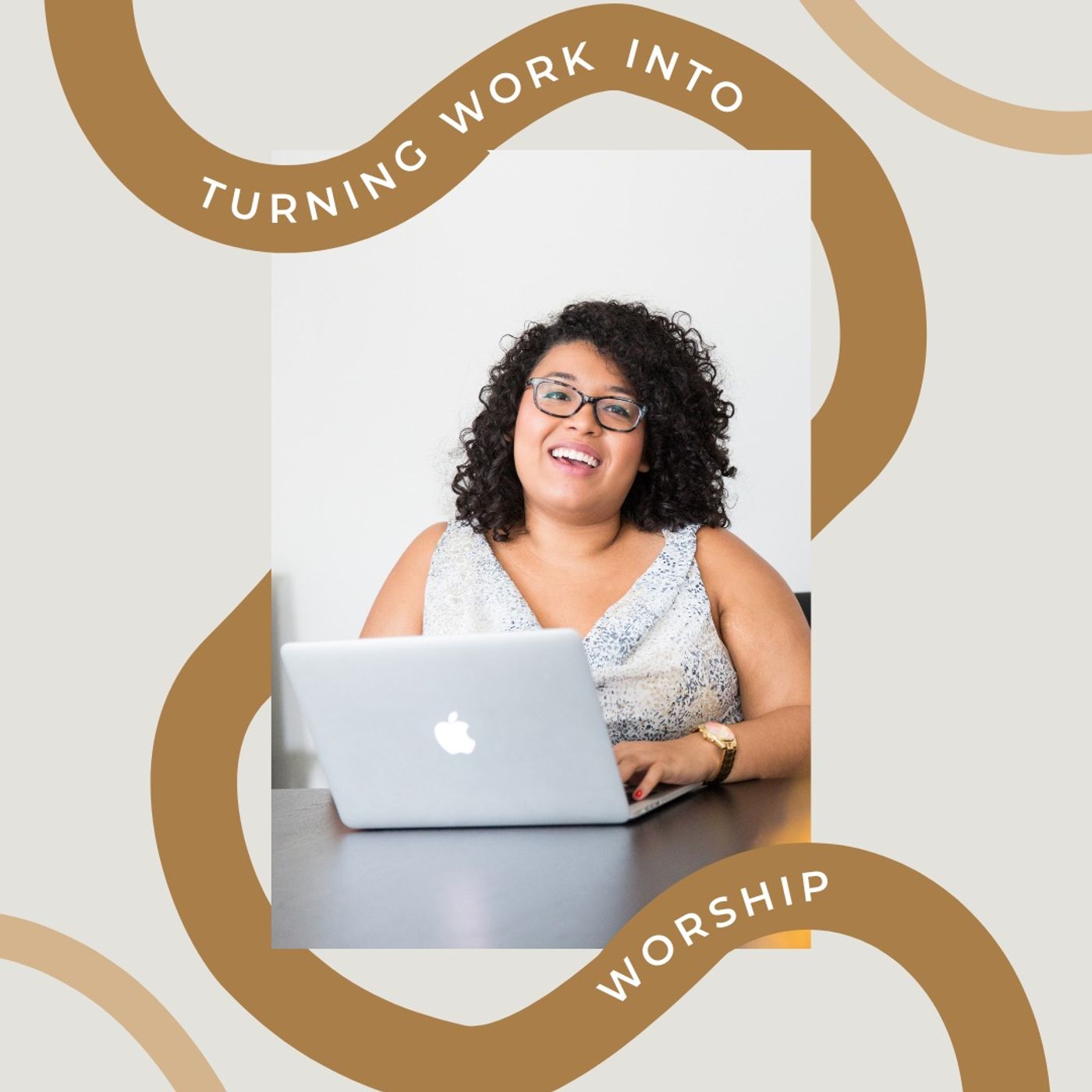Time to Refinance?
Faith & Finance with Rob West
If you bought a house in the last couple of years, you’ve probably been wondering, “When can I refinance?” The Federal Reserve has already made one interest rate cut, and more are expected before the end of the year. So when will it make sense to refinance your mortgage? If you’re considering refinancing your mortgage, it’s crucial to weigh various factors before making a decision. Movement Mortgage provides a helpful article, "Refinancing? Calculate Your Break-Even Point First!", which explains when refinancing makes sense and how to determine if it's right for you. While lower interest rates are a common reason to refinance, it’s not the only factor to consider.

Show Notes
If you bought a house in the last couple of years, you’ve probably been wondering, “When can I refinance?”
The Federal Reserve has already made one interest rate cut, and more are expected before the end of the year. So when will it make sense to refinance your mortgage?
If you’re considering refinancing your mortgage, it’s crucial to weigh various factors before making a decision. Movement Mortgage provides a helpful article, "Refinancing? Calculate Your Break-Even Point First!", which explains when refinancing makes sense and how to determine if it's right for you. While lower interest rates are a common reason to refinance, it’s not the only factor to consider.What Is the Break-Even Point?
One effective way to decide if refinancing is a good move is by calculating your "break-even point." This is when the savings from your lower monthly mortgage payments equal the costs of refinancing, which can range from 2% to 5% of the loan amount. Knowing this number can clarify how long it will take before you start to see financial benefits from the refinance.
For example, if you’re refinancing a $200,000 mortgage, the closing costs might range from $4,000 to $10,000. If your new mortgage payment saves you $200 per month, it would take 20 to 50 months to break even. If it takes over 60 months to reach your break-even point, it might be wise to hold off on refinancing until rates improve further.
You Might Also Like

January 16, 2026
Delighting in God’s Provision
Sometimes we make conscious mistakes with our money, sometimes they’re unintentional. Either way they can be hazardous t...

January 16, 2026
Who Needs a Budget? with Chad Clark
“Precious treasure and oil are in a wise man’s dwelling, but a foolish man devours it.” - Proverbs 21:20 Scripture hig...

January 15, 2026
Turning Work Into Worship
Work doesn’t always feel meaningful. Some days it’s routine, exhausting, or unnoticed. But Rob West reminds us that Scri...